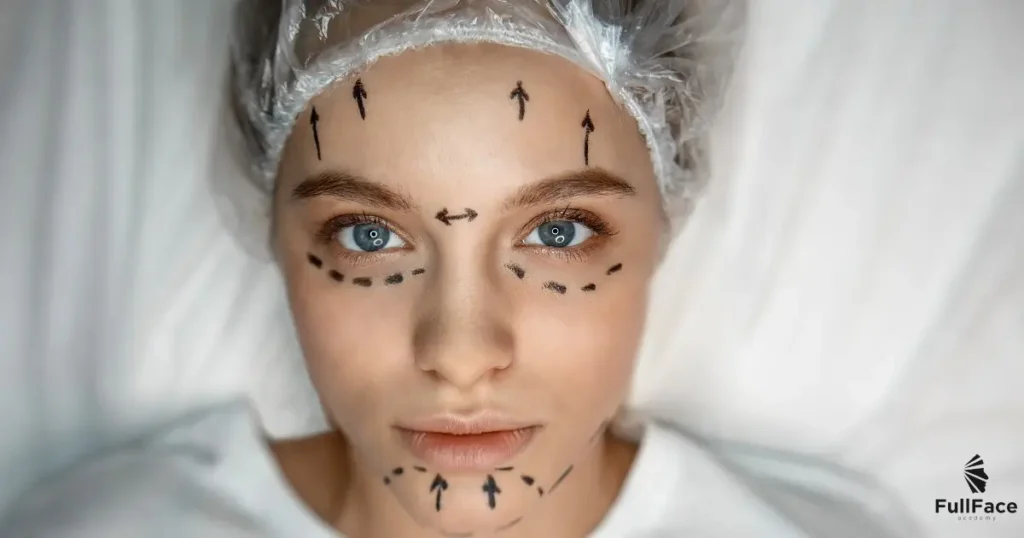Introduction
Botox allergy is a potential problem that some people may face when undergoing cosmetic procedures using botulinum toxin. Although it is considered safe for most patients, some people may develop an allergic reaction after Botox injections. In this article, we will discuss Botox allergy, its symptoms, causes, and how to avoid it.
What is botox?
Botox, or botulinum toxin, is a substance naturally produced by a bacterium called Clostridium botulinum. It is often used in cosmetic procedures to reduce the appearance of wrinkles and expression lines. Botox works by temporarily paralyzing the muscles responsible for wrinkles, providing a smoother, more youthful appearance.
Allergic reaction to botox
Although rare, some people may develop an allergic reaction to Botox. Symptoms can range from mild to severe and may include:
- Itchy skin
- Redness
- Swelling
- Difficulty breathing
- Dizziness
- Nausea
If you suspect you are having an allergic reaction to Botox, it is important to see a doctor immediately to receive a correct diagnosis and appropriate treatment.
Causes of Botox Allergy
Botox allergy can be related to different factors. One of the main causes is individual sensitivity to one of the ingredients present in Botox. Some people may be allergic to human albumin, which is used as a stabilizer in the manufacture of Botox.
Additionally, some people may develop a sensitivity to botulinum toxin after multiple injections over time. In these cases, the immune system may begin to recognize Botox as a foreign substance and trigger an allergic reaction.
How to avoid Botox allergy
If you are concerned about developing a Botox allergy, there are some steps you can take to minimize your risks:
- Tell your doctor about any allergies or sensitivities you have;
- Check the qualifications of the professional who will perform the procedure;
- Ask to see the label of the product used, checking for the presence of ingredients to which you are allergic;
- Perform a sensitivity test before applying Botox;
- Talk to your doctor about other treatment options if a possible allergy is identified.
Remember that each case is unique and only a specialized doctor can give specific guidance on Botox allergies. Consult a trusted professional to obtain the appropriate information.
Conclusion
Botox allergies can occur, although they are considered rare. It is important to be aware of the symptoms and causes of this allergy, and to take steps to minimize the risks. If you suspect that you are having an allergic reaction to Botox, see a doctor immediately for an accurate diagnosis and appropriate treatment.
Always remember to inform your doctor about any allergies or sensitivities you may have before undergoing any cosmetic procedure.




